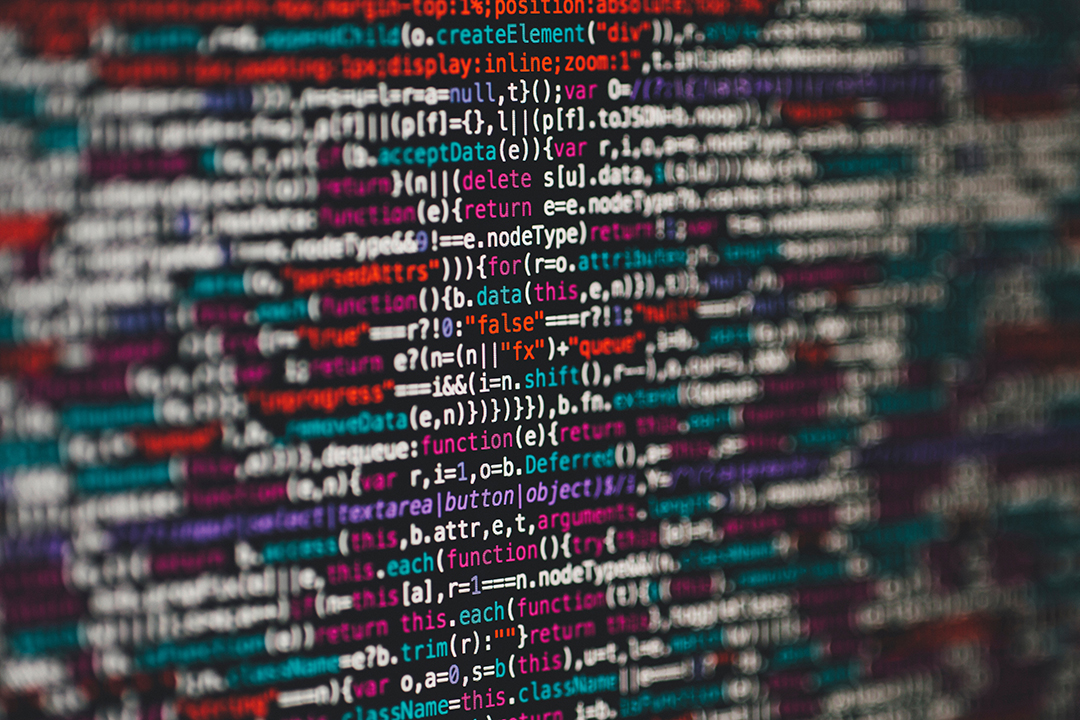4 June 2018: Industry stakeholders representing the “blockchain ecosystem” discussed social innovation, fair and consistent public policy, and responsible guidelines for industry governance, during the first summit on blockchain held on the UN premises.
The Blockchain for Impact Global Summit took place on 4 June 2018, in New York, US. Blockchain for Impact (BFI) is a collaborative convening, advocacy and action platform for leaders in the growing global blockchain community as they seek to engage with leaders from the UN system.
Delivering welcome remarks, Sergio Fernández de Córdova, PVBLIC Foundation chair, noted that new technologies open opportunities to create “purpose-driven businesses,” and highlighted the importance of scalable technologies that can do good and help accelerate SDGs implementation.
Marie Chatardová, UN Economic and Social Council (ECOSOC) President, expressed the Council’s commitment to harnessing the power of “frontier technologies” for sustainable development. She noted that frontier technologies cross boundaries between sectors and countries, and offer greater opportunities for collaboration.
Hanif cautioned that nothing automatically translates into equality and inclusivity, so policies are needed to ensure that no one is left behind.
Navid Hanif, UN Department of Economic and Social Affairs (DESA), said frontier technologies bring both enthusiasm for new opportunities as well as questions about their impacts on jobs, economies, societies and the way we engage in public fora. Increasing access to financial services for the underserved is an area of potential impact: over the past three years, a half billion people have gained access to financial services. Technologies also have reduced data gaps significantly, improving both tax collection and public services delivery, he reported. Among the issues needing careful consideration, Hanif mentioned the complexity that blockchain brings to transactions, potential instability for financial systems, and an unsustainably high use of energy. He cautioned that nothing automatically translates into equality and inclusivity, and thus policies are needed to ensure that no one is left behind.
Michelle Gyles-McDonnough, Executive Office of the UN Secretary-General, said that over 15 UN entities are already conducting blockchain-related initiatives, and the UN system is finalizing a system-wide approach to frontier technologies. She also noted the need for using new technologies in order to effectively implement the reform of the UN development system.
Henri Dommel, UN Capital Development Fund (UNCDF), said UNCDF has not yet used blockchain in its programmes but is exploring options. He spoke about UNCDF’s use of new technologies to support small and medium enterprises (SMEs) in the least developed countries (LDCs) to access the financial services needed to operate their businesses.
Jason Kelley, IBM, spoke about the decentralization of data and the democratization of opportunities. He explained that blockchain allows the creation of a system based on trust, where people have direct access to accurate information, as brokers are eliminated from the information sharing process. He mentioned that 66% of the organizations that IBM works with area already active on blockchain, which is described as a business model that connects people, resources and organizations in an ecosystem. Kelley said blockchain could increase the speed of trade and achieve GDP improvements by 9-14%, while having also the potential to increase global trade volume by up to 15%. He also argued that humanitarian donations would increase with the added transparency that blockchain provides. Kelley invited participants to focus more on outcomes than on specific technologies in their work, as technologies change and evolve fast, while the focus needs to remain on outcome.
Chris Kelly, MoviePass and Kelly Investments, called the SDGs a “fantastic organizing principle” for keeping focus in considering blockchain. He noted that accountability is increasing despite a “strong death rattle” from information manipulation, adding that changes in the media world change how we see the world and thus how we act. He observed that we are moving from a “default unrecorded” to a “default recorded” world, and we need to allow innovation to flourish while being cognizant of that change. [Event Website] [SDG Knowledge Hub sources]
